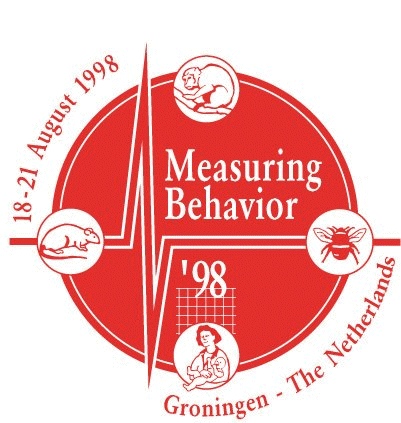Measurement of work load in realistic work situations: an integrated approach on the basis of physiological and behavioral measurements
L.J.M. Mulder and J. Bos
Institute of Experimental and Work Psychology, University of Groningen, Groningen, The Netherlands
Several studies have shown that the relation between task performance in normal daily work and task performance on simple laboratory tasks is not a simple one. The same holds for the physiological effects of long lasting work, i.e. several hours or a complete working day. Several reasons can be put forward for these differences, ranging from measurement restrictions in the field to qualitative and quantitative differences in task performance. This latter problem can be related to the way complex, composed tasks are executed as compared to simple laboratory tasks. It becomes clear that task performance has to be studied and modeled on more than one level: e.g. the strategic, tactical and executive level.
In order to increase the knowledge in this field a laboratory setup has been made in which a broad range of realistic work situations can be simulated, including cooperation between a number of colleagues [1]. The laboratory supports physiological and behavioral measurements and its analysis methods. In the present contribution attention will be paid to the goals of the system, the experimental setup and implementation of two initial task paradigms which represent both sides of the mentioned task spectrum. The first is a system for simulation of a calamity scenario in which a small team of people is cooperating in order to control the simulated calamity. The second example concerns the so-called ‘synwork’ task in which a number of (e.g. four) laboratory tasks (including aspects of memory load, focused and divided attention, mental arithmetic, etc.) have to be performed simultaneously. With this setup quality of multiple task performance will be studied in relation to changes in cardiovascular state during several hours of work. Both aspects will be shown in a demonstration during the conference [2].

Paper presented at Measuring Behavior '98, 2nd International Conference on Methods and Techniques in Behavioral Research, 18-21 August 1998, Groningen, The Netherlands